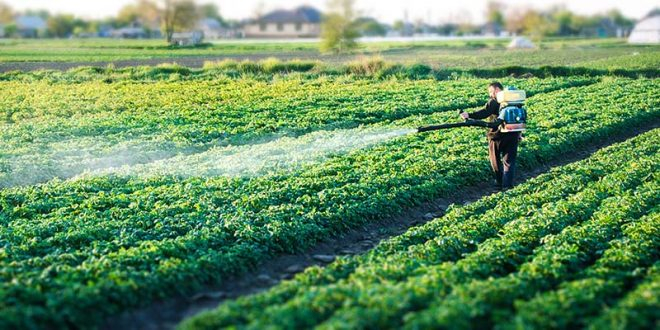Following the first anniversary of the publication of the Farm to Fork Strategy by the European Commission, Europatat and twelve other association members of the Agri-Food Chain Roundtable on Plant Protection have co-signed an open letter on the importance of carrying out a comprehensive assessment before making any decisions about the reduction of pesticide use, including the target for 50% reduction of the use of chemicals.
The food produced in the EU is recognized for being safe, nutritious and of high quality. With the Farm to Fork and Biodiversity Strategies, the Commission has set out its ambition to position the EU as the gold standard for environmental, social, and economic sustainability at global level. The co-signing associations of the agri-food value chain support this ambition; in fact, they believe in many cases, the sectors already are the global gold standard.
The co-signing organizations, which are members of the Agri-Food Chain Round Table on Plant Protection call on the Commission to take into consideration the following points:
- The need to carry out a comprehensive assessment of the cumulative economic, social and environmental impacts of the various targets for EU agriculture set out in the Farm to Fork and the Biodiversity Strategies before taking any political or binding regulatory decisions. This is critical to identify areas for which urgent action, accompanying measures or support are needed.
- The targets proposed should not only be coherent and consistent across the European Green Deal initiatives, but also useful, measurable, realistic and achievable.
- The targets should be science-based, technically feasible and economically sustainable to enable the long-term economic viability and competitiveness of all players in the food supply chain.
According to the organizations, in order to deliver on the ambitious Green Deal objectives, any proposed combination of policy measures needs to balance trade-offs without leaving anyone in the food supply chain behind – especially in the aftermath of COVID-19. This means that the policy options under consideration need to be science-based and premised on solid data. This is too important an issue for there not to be a full assessment of the potential consequences, said the Europatat press release.







